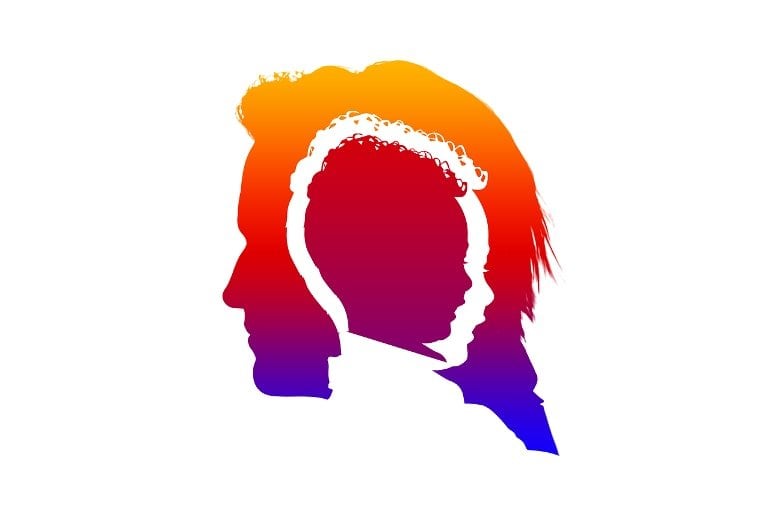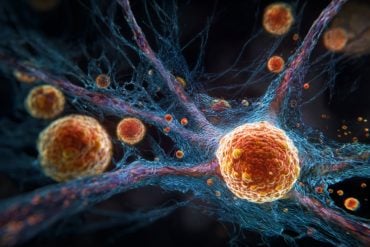Summary: Children who experience adversity and trauma have a higher risk of developing depression and anxiety as adults. In turn, trauma-based anxiety and depression can increase anger. The worse the trauma children experience, the angrier they become as adults.
Source: European Psychiatric Association
Scientists have found that depression and anxiety sufferers who have had a traumatic childhood tend to grow up as angry adults, and the worse the trauma, the angrier the adult.
This can affect personal mental health and social interaction, but also makes it more difficult to treat the depression and anxiety. This work is presented at the European Congress of Psychiatry in Paris.
Previously, the researchers had found that more than 40% of patients with both anxiety and depression had a tendency towards anger.
This compares to only around 5% of healthy controls. The present study worked with data from the ongoing Netherlands Study of Depression and Anxiety, which was designed to investigate the course of depression and anxiety disorders over a period of several years.
Beginning in 2004, the study took participants between the ages of 18 and 65 and began to question them about their childhood; by the end of the study, 2276 people had taken part. Working over a period of years they were able to discover if there had been any history of childhood trauma, such as parental loss, parental divorce, or being placed in care.
They also asked participants about neglect, and emotional, physical and sexual abuse. The participants were also later checked for a variety of psychiatric symptoms related to depression and anxiety, including their tendency to anger and how this manifested itself.
Lead researcher Nienke De Bles (Leiden University, the Netherlands) said:
“There is surprisingly little research on anger in general. The Netherlands Study of Depression and Anxiety is a well-established study which has produced a lot of good scientific data, but there has not been any significant work looking at the data on childhood trauma and seeing if this is linked to increased levels of anger. We have now found that there is a link”.
We found that anxious or depressed people with a history of emotional neglect, physical or psychological abuse, were between 1.3 and 2 times more likely to have anger problems. We also found that the more traumatic the childhood experience, the greater the tendency towards adult anger. We can’t definitively say that the trauma causes the anger, but the link is clear.
“We found that children who suffered emotional neglect had an increased tendency to grow into adults who were irritable or easily angered, whereas those who had been physically abused had a greater tendency towards anger attacks or antisocial personality traits. Sexual abuse tended to result in a suppression of anger, possibly because of a greater sensitivity to rejection – but this needs to be confirmed”.

She continued:
“Being easily angered can have several consequences. It can make personal interactions more difficult, and it can have consequences for your mental health and wellbeing. But people who get angry easily also have a greater tendency to discontinue psychiatric treatment, so this anger may mean that it reduces their chances of a better life”.
“If the person but bottles the anger up, the therapist may not see it. We believe that it should be standard practice to ask depression and anxiety sufferers about anger and past trauma, even if the patient is not exhibiting current anger. Psychiatric treatments for past trauma may differ to treatment for current depression, so the psychiatrist need to try to understand the cause so that they can offer the correct treatment to each patient”.
Dr Julian Beezhold (University of East Anglia, Secretary General of the European Psychiatric Association) commented:
“This study looks at the somewhat neglected symptom of anger and its association with childhood experience. The findings are in line with what we see in day-to-day clinical practice and will hopefully help increase the awareness of the importance of both anger and associated childhood trauma”.
About this psychology research news
Author: Tom Parkhill
Source: European Psychiatric Association
Contact: Tom Parkhill – European Psychiatric Association
Image: The image is in the public domain
Original Research: The findings will be presented at the 31st European Congress of Psychiatry







